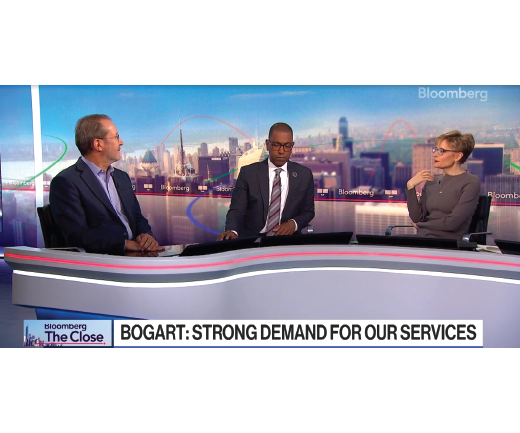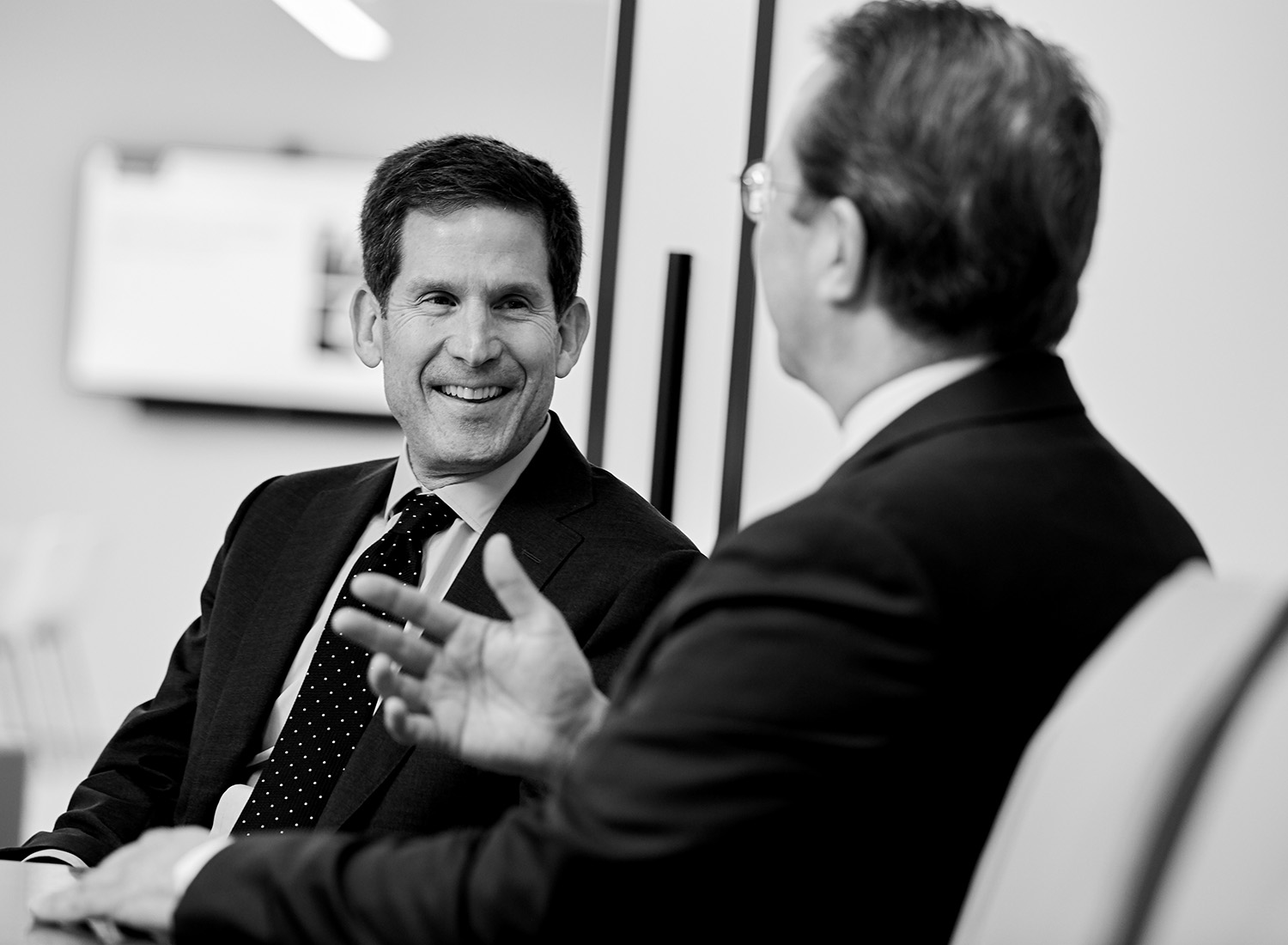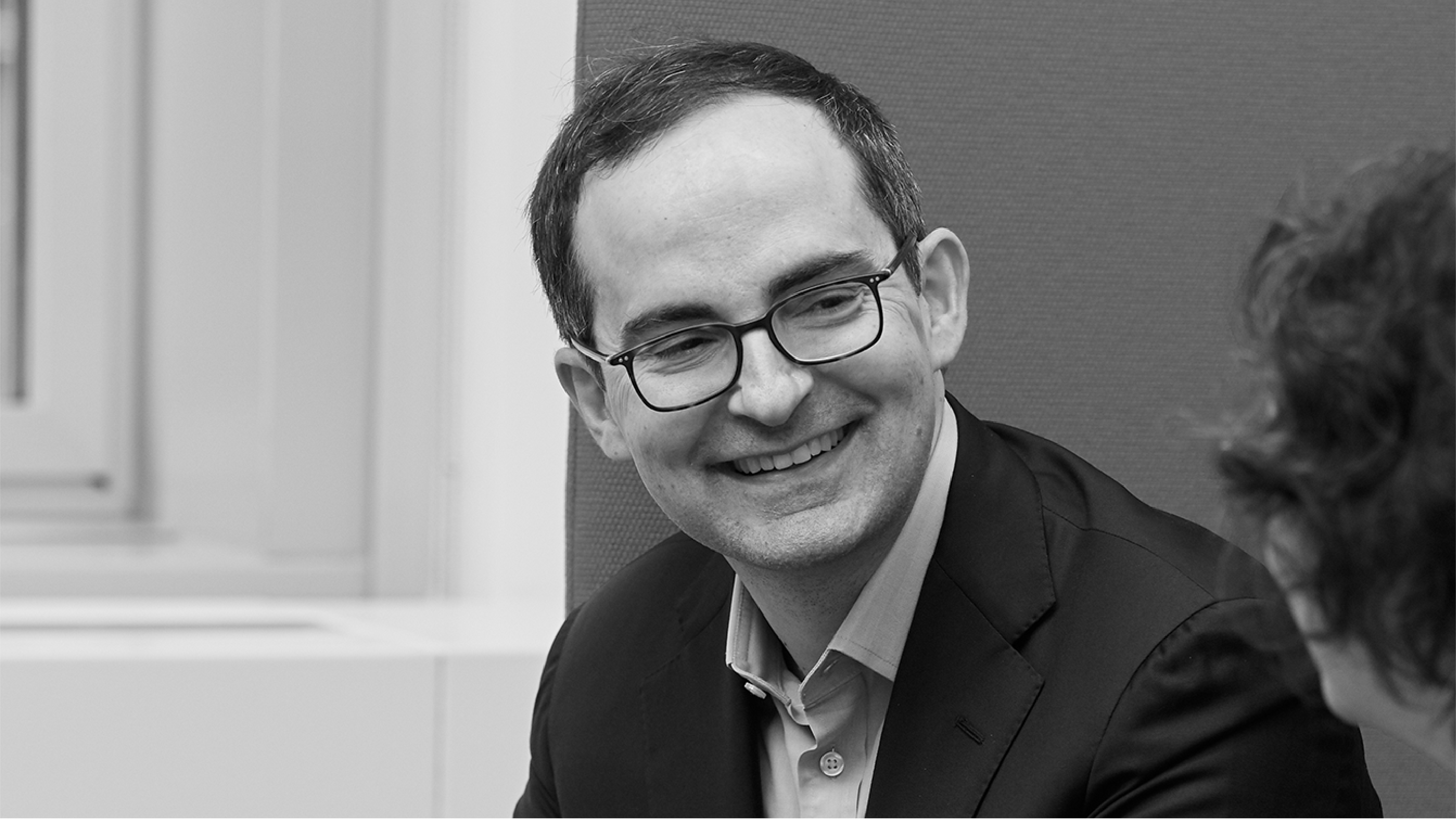Liz Bigham: Law firms and businesses often end up with millions of dollars’ worth of unenforced judgments and uncollected recoveries. Why is that?
Christopher Jeffreys: I think it often boils down to a combination of expectation, expense and expertise. I think most litigation settles when you start a dispute. You're probably expecting it'll settle. If it doesn't settle, when a judgment reward is handed down, the overwhelming majority of those are paid promptly. So that's your expectation coming in.
When you get to that situation and your judgment or award is not paid, you are then faced with potentially significant and unbudgeted further expense, which is hard to factor in. You’re not necessarily sure what steps you need to take next. And if your judgment debtors’ assets are not in the jurisdiction that your reward or judgment is in, or you are in, and are not necessarily in areas where your lawyers are used to operating, you might find yourself in a situation where you don't necessarily even know or have the expertise as to what to do next. You think you've reached the end of your situation; you think you've reached the end of your dispute, and that you are going to get your money paid. Instead, what you find yourself is in the situation where you've got a potentially significant further amount to spend, and you don't even necessarily know what you need to do to get the money back in.
LB: Clients can use funding to pursue assets in these situations. Can you talk about how clients use funded asset recovery when they have unenforced awards and judgments?
CJ: Sure. I think funded asset recovery in the way that we provide the money is not necessarily completely different to how we would fund any other matter. Obviously, if you haven't had another matter funded, that's probably not a useful comparison. But ultimately you can come to us and we can help cover your fees all or in part or however much you want, and legal costs and court fees, etc. Or if the posture of the judgment's right, if you want all the awards, if you want nothing else to do with it, we can perhaps help you out by coming to an arrangement for some form of assignment or sale, either outright where we then take that forward entirely to our own benefit and you've been paid a sum of money and you're on your way scot-free, or we'll take it forward and there might be a return on the backend for the seller depending on your arrangement.
LB: You touched on this a bit, but could you talk a little bit more specifically about the specific types of solutions that Burford offers in these scenarios and why a client would want to work with Burford compared to the other choices available?
CJ: The thing that is significantly different about Burford and asset recovery is that we have an asset recovery team in the first place. Any funder can put money into whatever legal thing it wants, and some of those might be asset recovery matters by their nature. I think we are probably the only funder that has significant funds devoted to purely asset recovery matters, where also there is a dedicated team that do this solely and exclusively. And by that, I don't just mean underwriting the merits of a particular enforcement or asset recovery matter. We have a team in-house made up of a blend of litigators with experience in this area and investigators.
The purpose and the reason that team exists is often the problem you're faced with; the expertise problem that I raised at the end of your first question. People when they come to us, it's usually the case that they have a debtor they want to go after, but they don't even necessarily know where to start. They think they have money or that they've seen a certain number of assets, but certainly not enough to get all the value of the award or the judgment back in. So, on nearly all our matters, we use a large part of the team's resources. That's not just capital, that's the time of our investigative team to build the asset picture, work on strategy with the lawyers that we know, do this on a day-to-day basis. And we can introduce those to the client as appropriate and say, look, you are not just going to be having a fight where your judgment has come down.
You need to go and find where the assets are and then go and take that judgmental reward to those jurisdictions. And these are the routes you're going to have to take to get those assets in. And this is the evidence that you are going to need to build to make those assets enforceable. Because in these situations, you're already dealing with someone who is sitting on a huge pile of money in their own name. They've seen you coming however many years away from when you started this dispute. And it's been put in the names of wives, children, trusted advisors, different trust or fund structure, foundation structure etc. You are going to need all that help much of the time to even make those assets enforceable. That's the difference in the way that our team is built compared to anyone else in the market.





